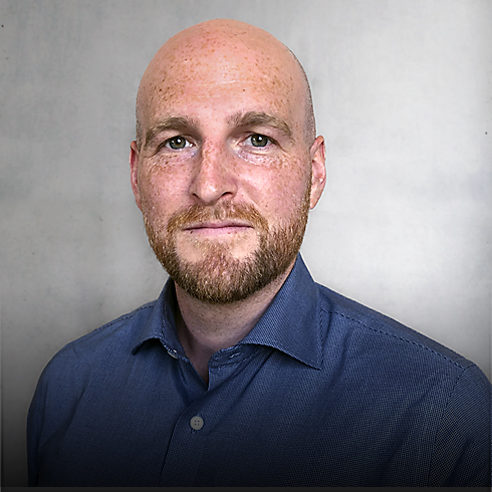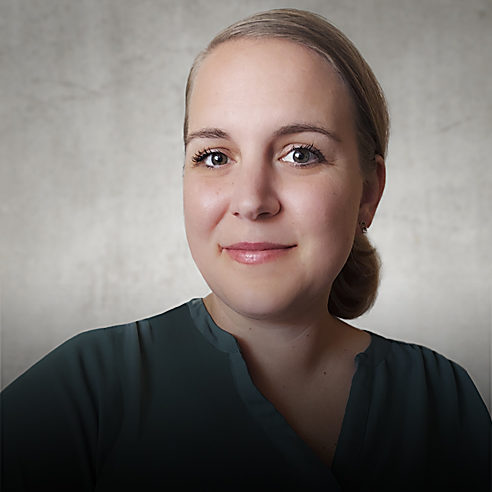- About Us >
PARTNERS.
Since its inception, Notch has recognized that developing best-in-class therapeutics requires ingenious collaborations. We seek value-driving strategic partnerships with leading research institutions, companies, and clinicians with synergistic approaches to accelerate the development of next-generation cell therapies.

Active Collaborations.
In November 2019, Notch entered into a collaboration and license agreement with Allogene Therapeutics to research and develop induced pluripotent stem cell (iPSC) AlloCAR™ therapy products for the treatment of non-Hodgkin lymphoma, leukemia, and multiple myeloma. Under the partnership, Allogene and Notch are creating allogeneic cell therapy candidates from T cells or natural killer (NK) cells using Notch’s Engineered Thymic Niche (ETN) platform.
Sunnybrook Research Institute (SRI) is a fully affiliated research and teaching hospital with the University of Toronto. SRI is a founding institution of Notch Therapeutics and continues to collaborate with Notch through several avenues to advance next-generation immune cell therapies.
Partnering.
If you are interested in discussing collaborations focused on translating Notch technologies into cell therapies for patients, please reach out to our team via the contact form below.


Director, Business Development
Timothy Key joined Notch Therapeutics as Director, Business Development after working on the company concept as part of his role at MaRS Innovation (now Toronto Innovation Acceleration Partners). Dr. Key holds a PhD in Microbiology and Immunology from Dalhousie University, and he trained in drug discovery and development of small molecules and biologics at the Center for Drug Research and Development (CDRD) in Vancouver.


Manager, Business Development
Amanda Rickard is Manager, Business Development at Notch Therapeutics. Her experience in drug discovery and pluripotent stem cell technologies has spanned the academic, biotechnology, and pharmaceutical sectors. She came to Notch from the epigenetic therapeutics group at Pfizer Oncology, previously developed pluripotent stem cell-based models of muscle disease at Genea Biocells, and led the team that discovered Rebastinib as a clinical candidate for FSH Muscular Dystrophy. She also studied molecular mechanisms of disease pathology at the University of Washington’s Institute for Stem Cell and Regenerative Medicine. Ms. Rickard holds a BSc in Biology from Western Washington University.




